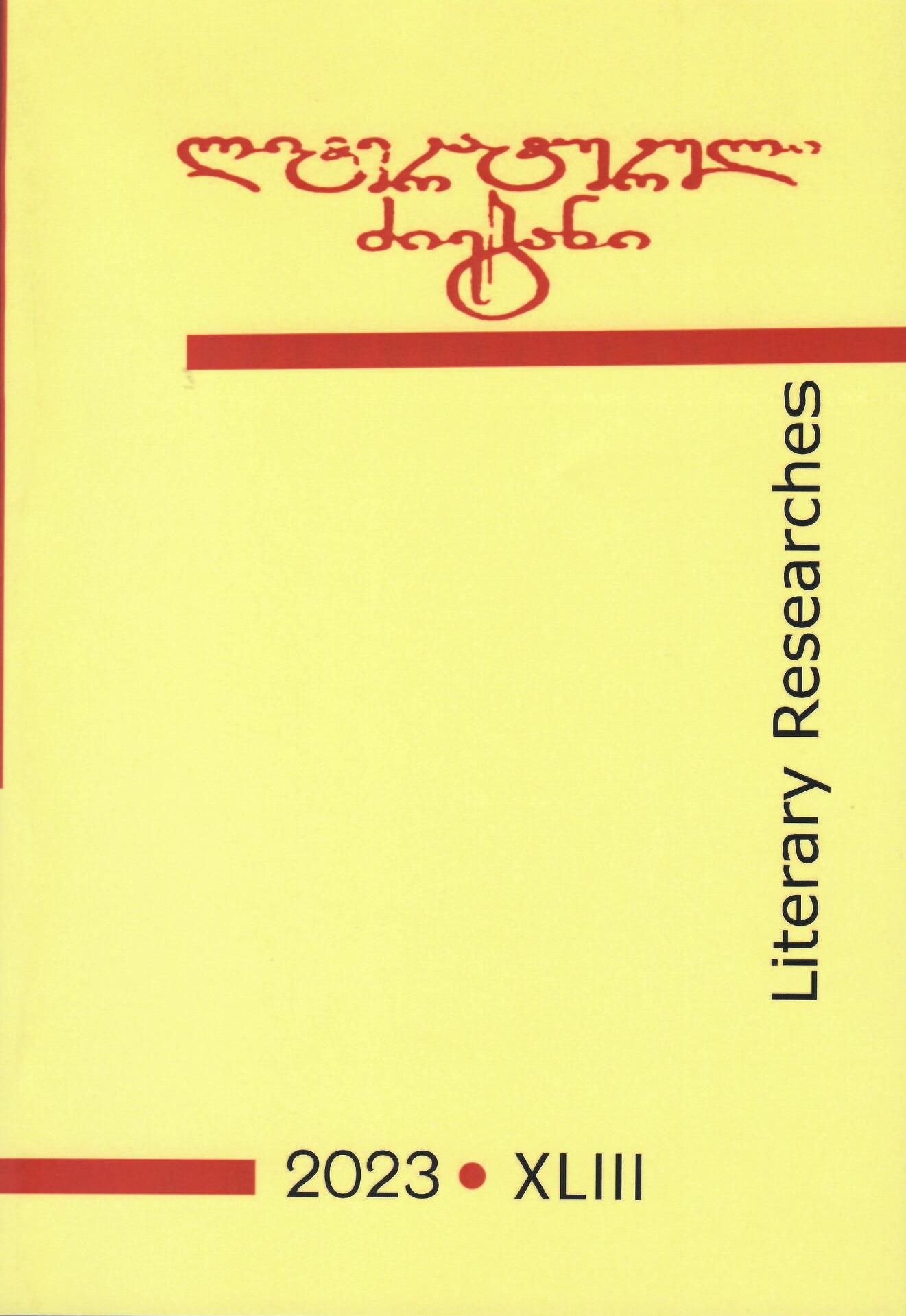Published 2023-12-14
Keywords
- Hilarion the Iberian,
- Patriarch Foti,
- Catholicism,
- Mother of God
How to Cite
Abstract
The arrival of Hilarion the Iberian in Rome in a difficult era for Christianity was a remarkable event. It created a complex task of searching for religious relations between Georgia and Rome, in terms of the relationship between Orthodoxy and Catholicism, for the researchers. Understandably, focusing on the fact that Hilarion arrived in Rome at a time when the relations between the Christians of the West and the East were very strained and stayed there for two years demands an answer to the question: did he
have a special role regarding the dispute between the Patriarch Photius of Constantinople and Pope Nicholas I? Naturally, Hilarion the Iberian would not be a simple worshiper of Roman relics. Peter and Paul, who are called chief apostles, are equally great saints of both the East (for the Orthodox) and the West (for the Catholics). Thus, connecting his stay in Rome and praying to the saints with Catholicism is irrelevant and beyond the scope of any logic. There is no reference to the Catholic Doctrine, nor is there any disputable dogmatic (even Filioque) issue in the entirety of hagiography. Therefore, Hilarion’s two-year work in Rome, in fact, does not provide any groundwork.
Hilarion the Iberian, the co-believer of the Greek, came to Rome to pray. It is possible that he was concerned about the confrontation, the great schism at that time, and took a kind of conciliatory position between Eastern and Western Christianity, which, of course, does not imply dogmatic tolerance of the Latins. Moreover, the West and the East were not divided during this period, so they did not shy away from relations with Rome. Hilarion the Iberian, who came to Rome freely, worked miracles. Performing acts of devotion and veneration at the tombs of Peter and Paul and the holy parts of priests and martyrs can not be connected with Hilarion’s sympathies towards “Roman Christianity”, because we are talking about the universal sanctities of Christianity.

